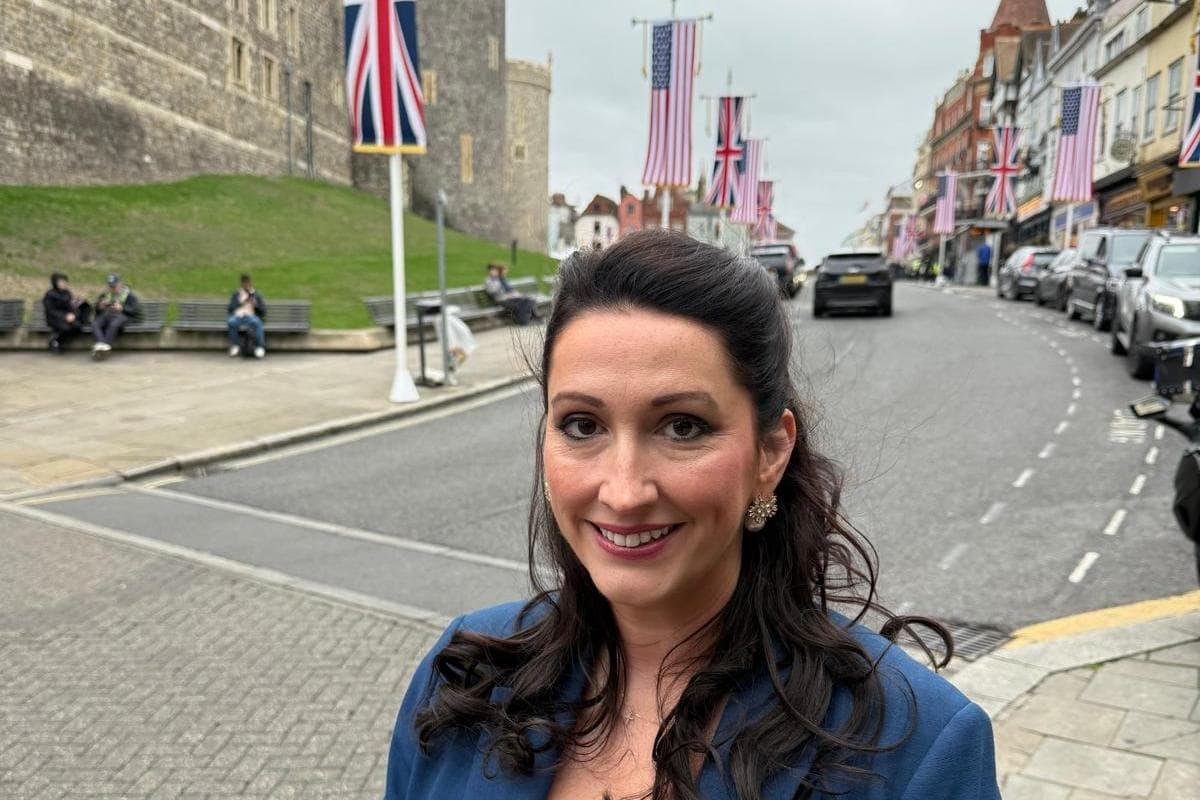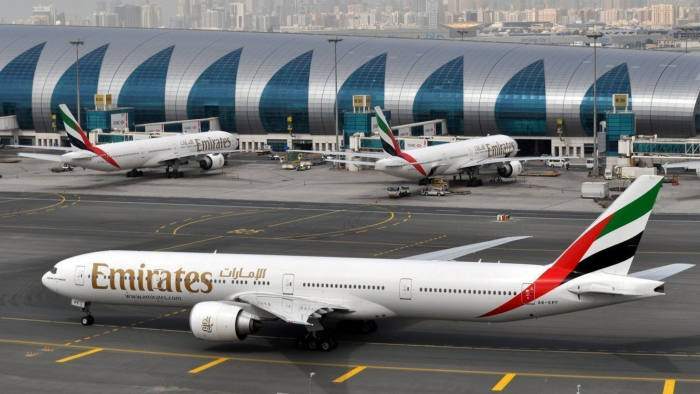By Francis
Copyright thebftonline

In the financial sector, the insurance industry plays a vital role in strengthening the economy. It acts as a stabilizing force by lessening the impact of unexpected economic shocks (Haiss and Sumegi, 2008).
In simple terms, the core concept of insurance is “shared risk.” It is a system where many people pay a small, predictable fee (a premium) into a shared pool. This pool of money is then used to cover the large, unexpected losses of the few who experience a disaster, such as a fire, accident, or illness.
This system allows the insurance industry to manage and distribute risk across a large pool of people, which lowers the financial burden of losses for individuals and businesses. By doing so, it significantly reduces the nation’s overall exposure to risk, fostering a more stable environment that encourages investment and economic activity.
As a result, a thriving insurance sector is essential to any stable financial system and can significantly boost the economy, especially in emerging nations. Due to the importance of insurance businesses in the financial system, research on insurance has been extensive and has ramifications at both the company and macro levels (Akotey et al., 2013).
According to Alhassan and Biekpe (2018; NIC, 2018), and Owusu-Sekyere and Kotey (2019), the insurance industry in Africa has been demonstrated to be very dynamic, yet there is a lack of empirical and theoretical evidence regarding the significance of insurance in this continent.
Instead, African strategies have been based on the findings of worldwide study. The other sectors that support the insurance industry, such as insurance brokers who act as important professional intermediaries, have once again received little attention. More research is necessary since insurance broking firms are important to the insurance industry and their presence and operations have a big impact on the insurance ecosystem.
Who are Insurance brokers?
An insurance broker is a licensed intermediary who represents the interests of clients in selecting appropriate insurance coverage.
Their independent status distinguishes them from captive agents, as they are not bound to any single insurer and instead evaluate policies from various carriers (insurers) to identify the most suitable options. Brokers may practice individually or within brokerage firms, and their services often encompass multiple insurance categories.
For example, a broker offering personal lines of insurance can usually help their clients get home, car, life, and travel insurance. A commercial insurance broker would specialize in the insurance needs of businesses rather than individuals.
With the practice in Ghana, Insurance Brokers offer both personal and commercial lines of business; they can decide to place their personal lines businesses with company A and their commercial lines with company B.
What is their role?
Providing the most appropriate insurance coverage at the best price for their clients is the primary responsibility of an insurance broker. In order to locate the best fit, a broker will go through the insurance products offered by numerous insurers.
Insurance brokers are professionals who need to maintain a licence to function in their country, which requires them to be qualified Insurers (Chartered Insurer) and be a member of good standing with the Insurance Brokers Association Ghana (IBAG).
The Broker accesses the insurance needs when they meet a new client. Depending on the type of client whether an individual or corporate, the broker will make the necessary recommendations to the client based on his/her professional knowledge. They will ask a few questions or request supporting evidence such as appraisals, property assessments and inspection reports.
For example, Kofi, a client, needs a motor insurance policy. His insurance broker, Ohemaa, begins the process by asking Kofi for detailed information about himself, his vehicle such as car’s make, model, year, and chassis number and driving history as well as its primary usage, private or commercial and annual mileage, and where it is parked overnight. She will use these specifics to help locate the most suitable motor insurance policy for Kofi’s circumstances.
Kofi’s vehicle isn’t new, but he has made significant aftermarket modifications to enhance its performance. He has installed a high-end turbocharger, a specialized suspension system, and custom alloy wheels, investments that add over Ghs50,000 in value to the standard vehicle.
Not every insurer is willing to cover such custom parts and equipment but often exclude or charge excessively high premiums for their inclusion. Ohemaa asks Kofi for the original receipts and recent professional appraisals to formally document the value of these enhancements. She will use this documentation to find an insurer willing to fully insure Kofi’s vehicle at an agreed value, ensuring his investment is protected at a fair and reasonable price.
Utilizing the client’s information, the broker conducts a comprehensive market review. Since brokers maintain relationships with a multitude of insurers, they will be able to obtain and compare numerous options.
After evaluating available policies, the broker selects the most appropriate coverage and insurer before presenting the recommendation to the client. The client can then decide to either accept or decline the proposed policy. Upon purchase, the insurance company remunerates the broker through a commission-based payment structure for their services.
Brokers also provide information and support, even after the insurance purchase is complete. On behalf of their customers, brokers help coordinate premium payments, request policy changes, and make recommendations come renewal time. Some brokers offer assistance with regards the claims process such as the relevant documentation needed by the insurer, though the actual claim still must be made directly with the insurance provider.
Generally, insurances are sold by the insurance companies directly to their clients but it can as well be than through brokers and agents. However, new channels like banks are now used to sell insurance products.
This gives insurance providers another way to provide the products to new clients at the most affordable price. Bancassurance has steadily grown to be a preferred method for clients to buy insurance products or pay their premiums due to the extra incentive of flexible client premium payment.
What is Bancassurance?
Think of bancassurance like a supermarket that also has a pharmacy inside. You already go to the supermarket to buy food (banking services), and while you’re there, you can easily pick up your medicine (insurance). The bank sells insurance products to its customers on behalf of an insurance company.
The term “bancassurance” was created by combining the terms “bank” and “insurance.” Bancassurance is a system where banks sell insurance products to their existing customers on behalf of an insurance company. It is a method of distributing retail insurance through the banking network, allowing banks to offer insurance in a convenient and easily accessible manner.
The distribution of insurance products through a bank’s established distribution channels, has become a significant force in Ghana’s financial landscape. It represents a strategic synergy between the banking and insurance sectors, driven by the Banks and Specialised Deposit-Taking Institutions Act, 2016 (Act 930), which allows banks to own insurance companies.
This system is beneficial because it makes insurance much more available to the public. Since many people in Ghana already have bank accounts but may not have insurance, banks can use their large customer base and many branch locations to introduce insurance to a wider audience. This helps significantly more people finally get coverage, increasing the number of insured individuals in the country.
A major advantage for customers is the great convenience this model offers. People can now handle their banking and insurance needs in one familiar place. They are served by staff they already know and trust, which makes the process of buying insurance feel simpler and less intimidating. This comfortable environment helps break down the hesitation people might have about purchasing a policy.
For the companies involved, bancassurance is a very efficient way to operate. Insurance companies save a substantial amount of money because they do not have to build their own sales teams or open new offices; they simply use the bank’s existing buildings and employees. Meanwhile, banks earn extra commission income from every insurance product they sell. This diversifies their revenue, making them less reliant only on the money they make from loans and more financially stable.
Finally, this collaboration encourages the creation of new and useful insurance products that are easy for customers to understand. These are often simple policies directly tied to banking activities, such as insurance that pays off a loan if the borrower passes away, or a plan that combines saving money with life insurance coverage.
Also when granting loans and the customers has to use their properties as collateral, it is easy for the banks to insure it after they have done the valuation of the property. This leads to more practical and accessible financial solutions for the average person.
Imagine a powerful tool that, while incredibly useful, also requires careful handling to avoid its drawbacks. This is the case with bancassurance. Its rapid growth and obvious benefits can sometimes overshadow the inherent challenges that come from merging two distinct financial services.
At its heart, a bank’s culture is about managing transactions and avoiding risk, while an insurance company’s job is to build long-term relationships and carefully accept risk. This fundamental difference can create tension.
A bank might prioritize selling a policy quickly to meet a sales target, rather than taking the time to ensure it’s the perfect fit for the customer. This rush can lead to people being sold policies they don’t fully need or understand.
Again, the employees in a bank are primarily trained to be bankers. They may not have the in-depth knowledge to properly explain the complicated details of an insurance policy, such as what is not covered (exclusions) or how to successfully make a claim.
When customers don’t fully understand their policy, they can become disappointed and frustrated, especially when they try to make a claim and discover something isn’t covered. Bankers are trained to be bankers so might not be able to access the risk presented to them by the customers and to recommend the appropriate rates; this often leads to policies being cancelled early.
Friends or Foes?
The relationship between bancassurance and insurance brokers in Ghana is one of layered complexity, defined neither by pure partnership nor outright competition, but by a tension between collaboration and conflict. On the surface, they appear to be foes. Bancassurance channels, particularly when overstepping regulatory retail boundaries, directly threaten the traditional domain of brokers especially in the corporate space.
Drawing on views from some insurance brokers operating in Ghana, a clear and concerning pattern has emerged regarding bancassurance practices. Legally, bancassurance in Ghana is designed and licensed to serve personal insurances only— meaning policies sold to or purchased by individuals for their own benefit.
(National Insurance Commission [NIC], 2019). The regulations, overseen by the National Insurance Commission (NIC), are intended to keep this distribution channel within defined boundaries to prevent unfair market practices and protect consumers.
In practice, the lines between banking and insurance can sometimes blur, with some banks expanding their activities into the corporate insurance space. This area requires sophisticated risk management solutions for large organizations, a function traditionally served by specialized brokers who negotiate tailored coverage across multiple insurers.
While regulations often focus on retail customers, banks occasionally leverage their relationships as lenders to introduce insurance products to their corporate clients. A broker will normally conduct an insurance audit for his client to know and understand the various insurance needs of the client and will make the necessary recommendation for insurances which normally is not done by the banks leading to clients falling short of the necessary insurance needs.
For example, a company seeking financing might perceive that its application is contingent upon also purchasing insurance, such as property, liability, or engineering cover, through the bank. This can occur even when the company has an established, expert relationship with an independent broker, potentially disrupting well-structured risk management process for the client.
Therefore, fostering a constructive future for the sector depends on establishing a clear and collaborative framework. The relationship between bancassurance and brokers is not inherently adversarial but would benefit from a more defined operational demarcation.
Recommending the regulators to consider reinforcing definitive parameters to guide this dynamic will be helpful. This should involve explicitly orienting bancassurance activities toward the retail segment, where its distribution model is most effective, while formally acknowledging and protecting the broker’s role as an expert advisor for complex corporate risk solutions.
The most promising path forward is one of harmonized coexistence. By allowing each channel to operate within its core domain of strength, the market can function more efficiently. Purposeful regulation can help these channels become complementary allies rather than competitors for the same business.
This approach will ultimately enhance consumer choice, preserve the integrity of professional advisory services, and foster a robust, competitive insurance industry that best serves the paramount interest of the policyholder.
Owusu-Sekyere, F., & Kotey, R. A. (2019). Profitability of insurance brokerage firms in Ghana. Academic journal of economic studies, 5(2), 179-192.
Kotey, R., Owusu-Sekyere, F., & Amponsah, D. A. (2021). A critical examination of the effect of size on the profitability of insurance brokerage firms in Ghana. African Review of Economics and Finance, 13(2).
Square One Insurance Services. (n.d.). Broker. Resource Centres – Insurance Glossary. Retrieved October 26, 2023, from https://www.squareone.ca/resource-centres/insurance-glossary/broker
National Insurance Commission. (2019). .



